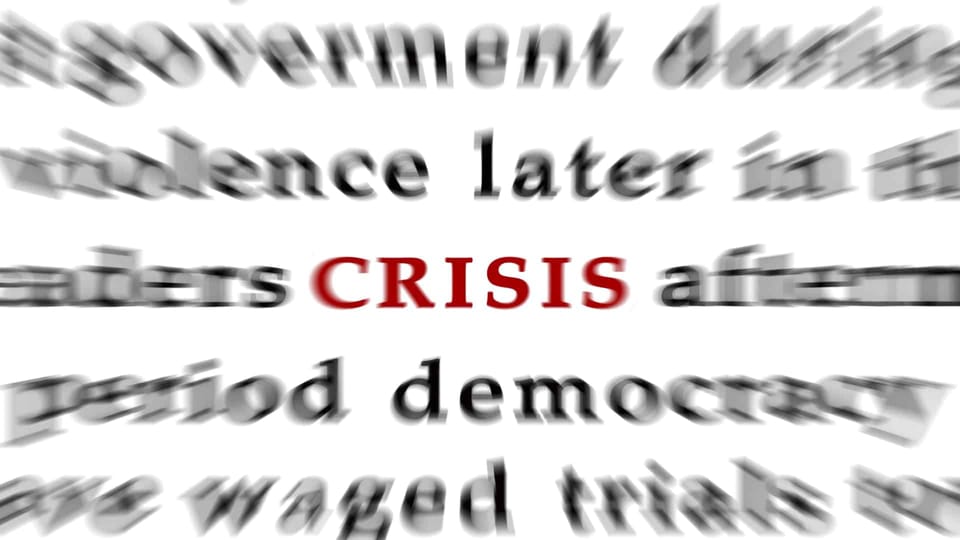The Opportunity We Face Right Now

What a year.
I remember the days when the impeachment in the States was the big news. Was that only last December? Since then, we’ve had a pandemic and financial crisis. Add to that the unjust murder of George Floyd and other incidents of injustice, and you have yourself a mess. And we’re not even halfway through the year.
How should we respond to all of this?
My Concern
As I read social media, I see the danger of Christians becoming just another noisy advocacy group, divided by our views on what's going on.
- I hear versions of both of these: “How can you be a Christian and support Trump?” and “How can you be a Christian and not support Trump?” And that’s among people who aren’t even Americans!
- I've heard complaints about churches reopening too quickly and others about government interference preventing them from gathering. Strong opinions exist regarding mask-wearing and the seriousness of the virus.
- There can be no real debate about the evils of racism among Christians. It is evil, and we must say so. But we disagree on what hashtags to use and what actions we should take to respond.
All of the above are important issues. I have strong opinions about each of them. I'm worried about how easily we can become self-righteous about our beliefs and judge those who disagree with us. We can be right on an issue and wrong in how we treat others. In our zeal, we can become the very thing we profess to hate.
I worry that we may end up echoing culture by promoting our political views and convictions instead of embracing our role as followers of Christ.
The problem isn’t only out there; we can easily become the problem ourselves.
The Opportunity
We’re seeing evidence of the collapse of secularism.
In a powerful podcast episode last year, Mark Sayers said:
What if secularism and post-Christianity is far weaker than we realize? What if the big bad wolf we’re all afraid of is not that big nor bad? What if secularism and post-Christianity is weaker than we imagine, and what if it’s in an absolute crisis? And what if the tumult that we’ve seen around the world … what if that’s actually a sign of the failure of post-Christianity and secularism?
What a helpful insight.
If Sayers is right, we face an opportunity. The solution goes deeper than advocating for our positions and rights or aligning ourselves with secular versions of salvation. It's not just about who will win the next election, when we'll meet again, or which hashtag to use for our racism posts.
We have an opportunity for the church to be the church, and for the gospel to be the hope we believe and proclaim.
The Church and the Gospel
Yes, let’s advocate for justice and confront systemic evil. Let’s make wise political decisions. Let’s speak clearly and loudly about the issues that Scripture addresses.
But let’s guard against becoming another noisy special interest group, of dividing within the church over debatable matters, or of scorning those who disagree with our convictions. Let’s not pin our hopes on secular versions of salvation that will always fail to deliver.
Because we’re not the first to face days like this, let’s dig into Scripture and church history to learn from God’s Word and from those who’ve gone before.
And let’s double down on the task of being the church: of proclaiming the only message that can change hearts and societies, the message that turns the world upside-down.
“As the gap between what our culture promises and what it delivers grows wider, its failures create openings for the gospel,” writes Sayers in his book Reappearing Church. Are we ready for the opportunity we face right now?





